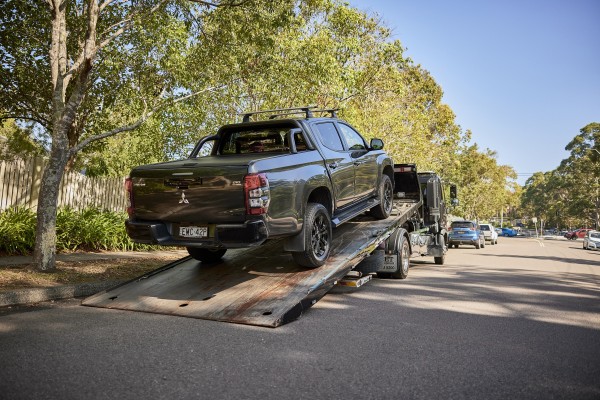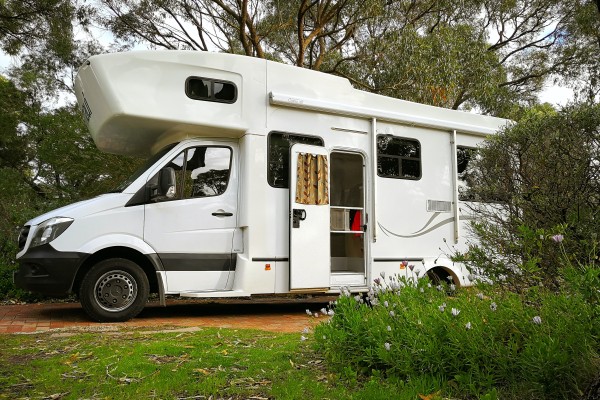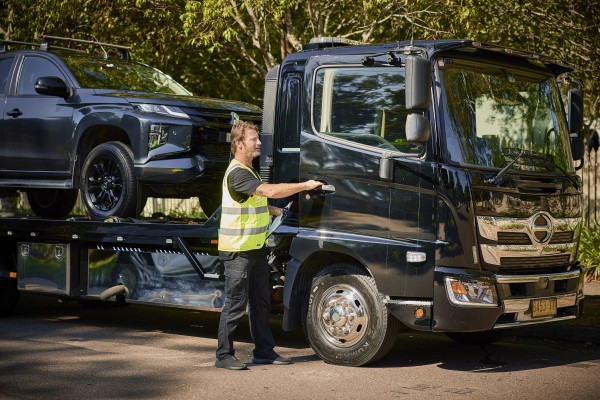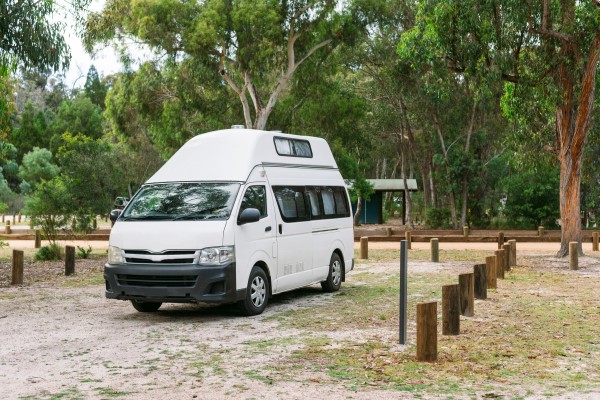New Vehicle Efficiency Standards | What you need to know
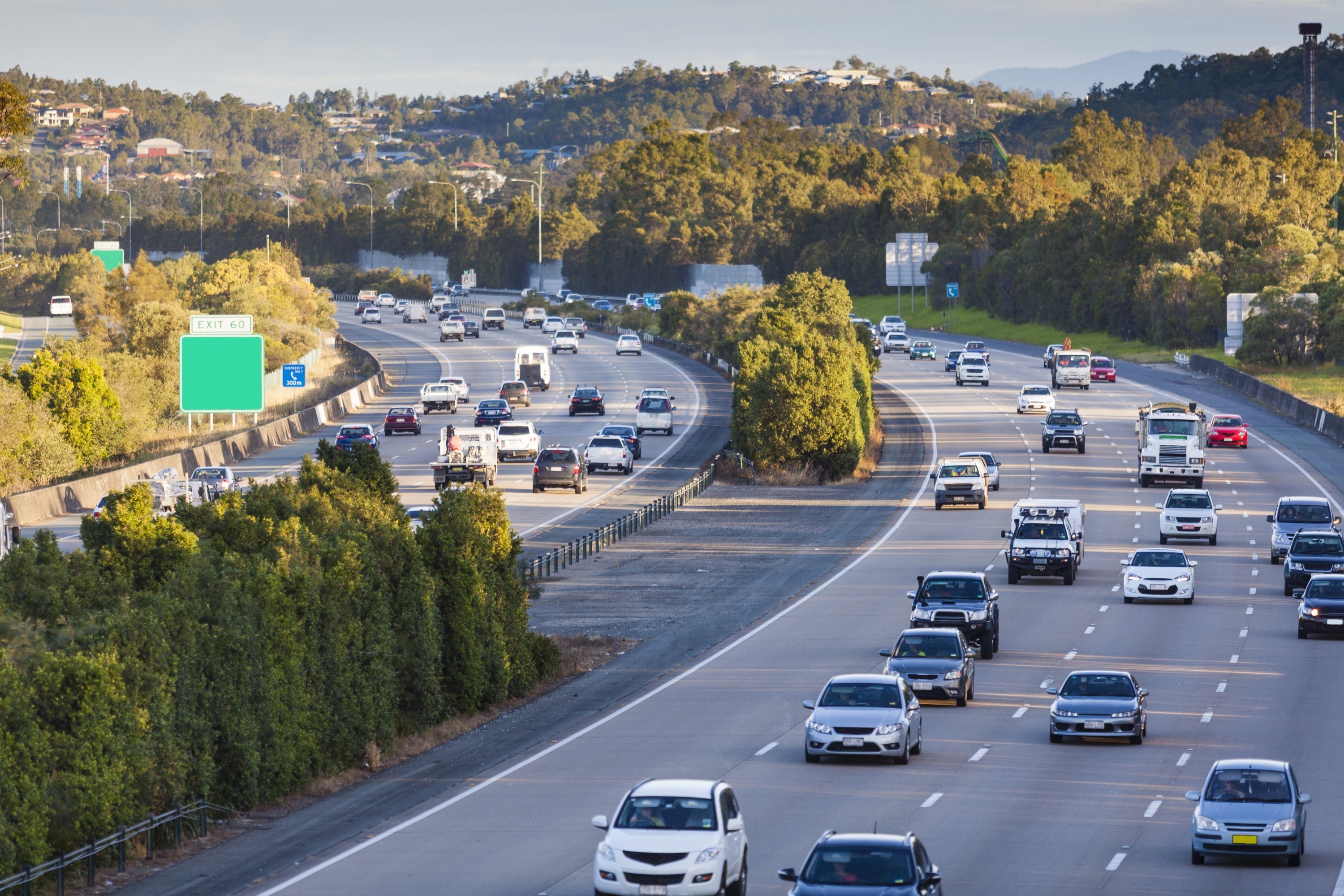
Breaking down the details on the Aus. Government’s latest legislation on the New Vehicle Efficiency Standards (NVES)
Politicians and car manufacturers have been debating the New Vehicle Efficiency Standards in detail over the past few weeks to finalise the new policy; these discussions have led to several amendments to the original proposal.
In this article we’re cutting through the spin and political jargon to give you a proper rundown on New Vehicle Efficiency Standards.
What is the New Vehicle Efficiency Standard?
The NVES is designed to incentivise car companies to supply new cars that use less fuel per kilometre.
Currently Australia has no legislated vehicle efficiency standards. This means that car manufacturers can continue to sell less efficient engines.
Countries such as the United States and those within the EU introduced efficiency standards over a decade ago in an effort to protect the planet and bring motor costs down.
As a result, Australia has fallen way down the global scale when it comes to climate-friendly cars.
On average, passenger cars in Australia use 40% more fuel than cars in the European Union, 20% more than the US, and 15% more than New Zealand.
“The transport sector makes up 21% of Australia's emissions, and is projected to be the largest source of emissions by 2030 if we do nothing.” according to the Aus Government.
How NVES will help
-
Carmakers are required to meet specific efficiency levels for all new cars sold in Australia.
-
Each vehicle manufacturer has a set average CO2 target for the vehicles they produce.
-
If carmakers exceed efficiency limits, they may face fines of up to $200 for every extra gram of CO2 per kilometre.
-
Suppliers can still sell any vehicle type they choose but they’ll need to sell more fuel-efficient models to offset any less efficient models they sell.
What this means for motorists

-
More affordable options: If you want to purchase an EV, but can’t afford one right now, standards will encourage more affordable options.
-
Cheaper fuel: Australians who are buying a new car will have access to more efficient vehicles, whether petrol, diesel, hybrid or electric vehicles.
-
Lower emissions: Emissions from new cars are expected to drop by 60 per cent within 5 years - so you can feel better about being on the road.
It’s estimated Aussies will experience up to $95 billion of fuel savings between 2025 and 2050.
Minister for transport, Catherine King
Will New Vehicle Efficiency Standards increase the cost of cars?
The Department of Transport states there is no evidence to suggest that the NVES will increase car prices. Some industry experts even believe the NVES will make vehicles cheaper.
“Policy settings that encourage the development of technology will see the local EV industry scale up, helping to bring overheads down. There would also be more competition between carmakers to offer drivers more EVs at lower prices.” stated by NRMA
Did Aussies get a say in NVES legislation?
The short answer is yes. Over the last 12 months, the Government has consulted with a broad range of stakeholders and has reviewed some 9,000 submissions that were made throughout the consultation period.
The consultation period led to a ’relaxing’ of the original NVES.
Here are the changes in a nutshell:
-
Financial support for dealers - The Government has promised a $60 million handout for the installation of EV chargers in dealerships.
-
Re Categorisation - Off-road wagons (Toyota LandCruiser, Nissan Patrol and similar) are now included in the same category as utes and pick-ups. This means that they have a much higher threshold of CO2 output and they will have a better chance of meeting standards required.
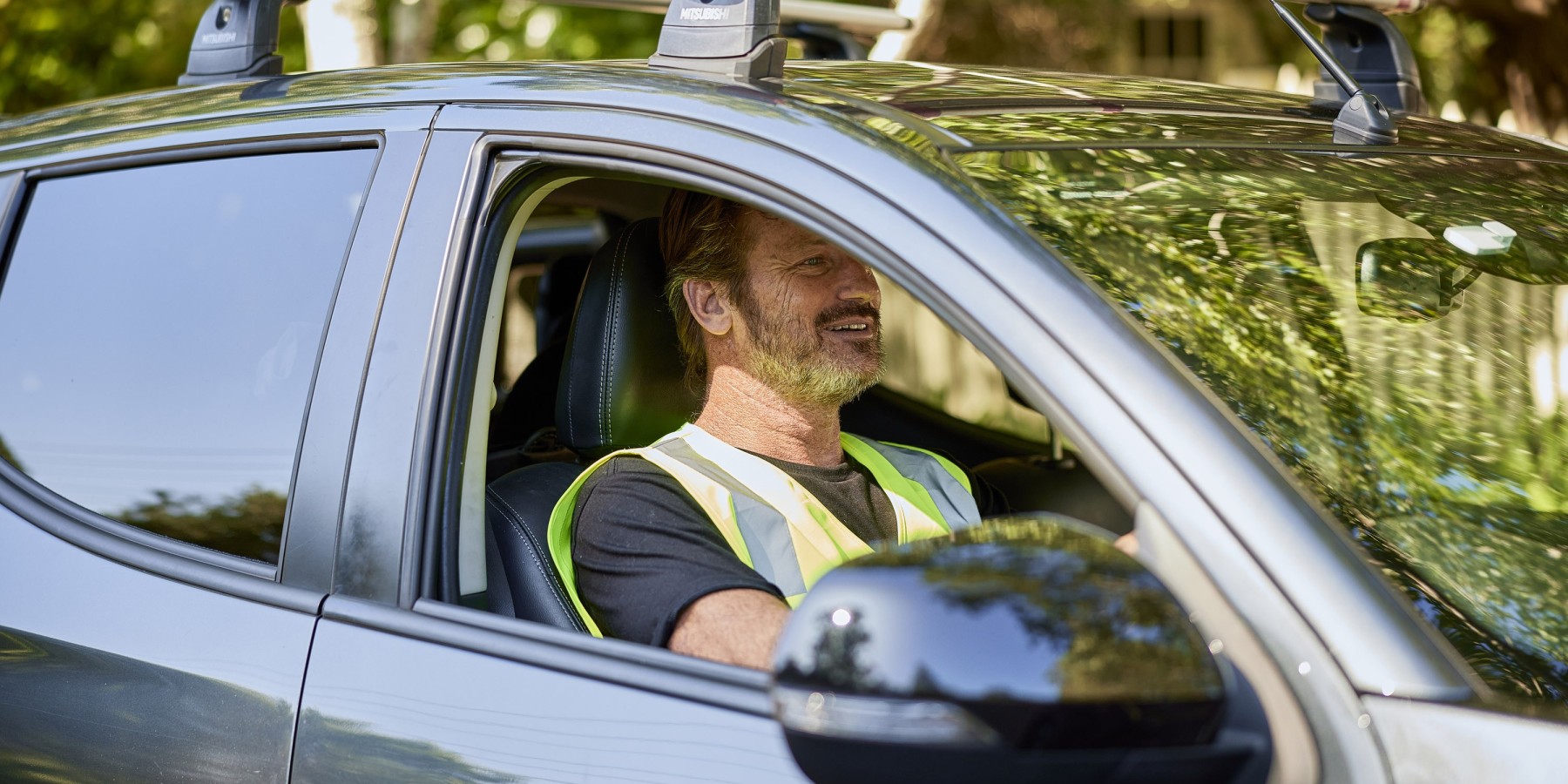
-
Timing - the scheme will commence on 1 January 2025 but manufacturers will not begin earning credits or penalties until 1 July 2025.
-
Adjustment of the weight-based relative emissions limits (known as the break point) to recognise that heavier vehicles emit more.
Read full details on all the recent (March 26th 2024) amendments to the NVES here.
When will NVES come into effect?
Under the Government’s plan, NVES is expected to come into effect in January 2025.
Buying a car under the NVES legislation
If you're looking to purchase a new vehicle from a dealer or car manufacturer, the new policy will not affect the process, and there is no additional paperwork or admin from you as a customer. This new legislation impacts car manufacturers by incentivising the production of more fuel-efficient vehicles.
What do our customers say?



What’s happening?
Please notify us of any violations. This information will be kept confidential and shared only with Upmove.
- It’s inaccurate or incorrect
- If you find it offensive
- It’s something else

